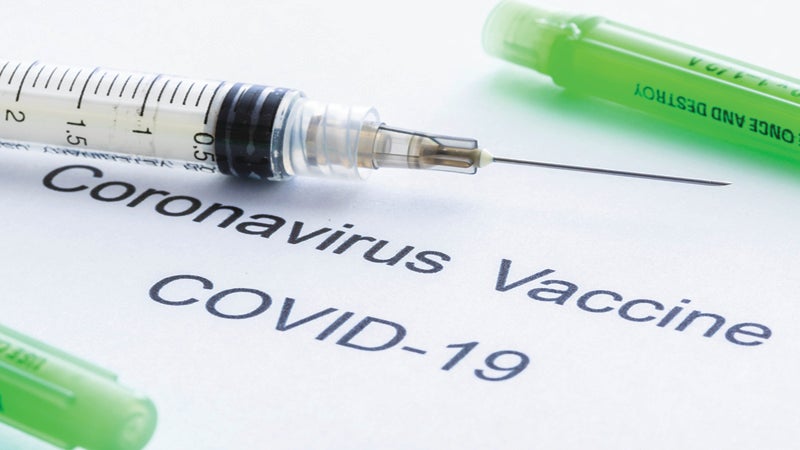Early Time-Restricted Eating Can Be an Effective Weight Loss Strategy
Published 8:30 am Sunday, October 2, 2022
|
Getting your Trinity Audio player ready...
|
BATON ROUGE, LA. – Early time-restricted eating can be an effective way to lose weight and may be easier to follow and maintain than traditional calorie restriction.
A new study from the University of Alabama at Birmingham and Pennington Biomedical Research Center in Baton Rouge, published in the Journal of the American Medical Association (JAMA) Internal Medicine, compared time-restricted eating early in the day to eating over a 12-hour period in 90 adults with obesity. In this randomized clinical trial, people were asked to increase exercise and to reduce their caloric intake by 500 calories per day. The time-restricted eating group was instructed to only eat over the eight hours between 7 a.m. and 3 p.m. The regular eating group could eat over 12 or more hours.
Corby Martin, PhD, professor and director of the Ingestive Behavior, Weight Management and Health Promotion Laboratory at Pennington Biomedical, and one of the investigators of the study, said, “This study shows that early time-restricted eating can be an effective way to lose weight, particularly when paired with dietary counseling to reduce calorie intake. Both groups lost weight, but the time-restricted eating group ate less and lost 2.3 kg more weight than the other group.” The early time-restricted eating participants also experienced improvements in energy levels and mood.
The JAMA Internal Medicine study helped inform new research questions related to time restricted eating, as well as eating less throughout the day. Pennington Biomedical and the University of Alabama at Birmingham have partnered again in a new study that will compare time restricted eating with calorie restriction to improve health of people who are lean or overweight. This study will be led by Martin and Leanne Redman, PhD at Pennington Biomedical, and Courtney Peterson, PhD at the University of Alabama at Birmingham.
Dr. Redman, professor and director of Pennington Biomedical’s Reproductive Endocrinology and Women’s Health Laboratory, noted that this new study is particularly innovative as “it will use newly developed smartphone apps to help people stick with the program with minimal support from health coaches.”
This new clinical trial is currently open to join, and will recruit 90 people in Baton Rouge, LA, as well as Birmingham, AL. Individuals interested in participating in the Baton Rouge trial should call 225-763-3000, email clinicaltrials@pbrc.edu, or visit www.pbrc.edu/DialHealth
“Obesity is one of the most prevalent and deadly diseases nationally,” said John Kirwan, PhD, Executive Director of Pennington Biomedical Research Center. “This study is an important contribution to our understanding of how time-restricted eating can help individuals to lose or maintain weight.”
The JAMA Internal Medicine study and the pending study are supported by grants from the National institutes of Health.
The content is solely the responsibility of the authors and does not necessarily represent the official views of the sponsors.
###
About LSU’s Pennington Biomedical Research Center
The Pennington Biomedical Research Center is at the forefront of medical discovery as it relates to understanding the triggers of obesity, diabetes, cardiovascular disease, cancer and dementia. The Center architected the “Obecity, USA” awareness and advocacy campaign to help solve the obesity epidemic by 2040. The Center conducts basic, clinical, and population research, and is affiliated with Louisiana State University. The research enterprise at Pennington Biomedical includes over 480 employees within a network of 40 clinics and research laboratories, and 13 highly specialized core service facilities. Its scientists and physician/ scientists are supported by research trainees, lab technicians, nurses, dietitians, and other support personnel. Pennington Biomedical is located in state-of-the-art research facilities on a 222-acre campus in Baton Rouge, Louisiana. For more information, see www.pbrc.edu.






